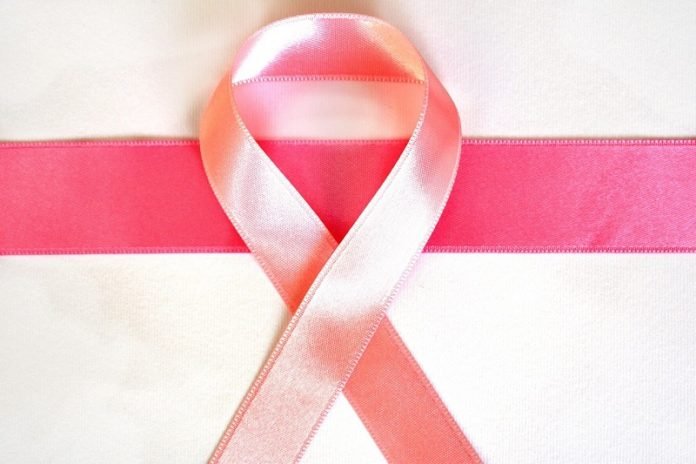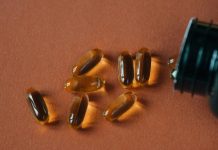
A recent study from Kaiser Permanente and elsewhere found that women with higher vitamin D levels in the body following a breast cancer diagnosis had much better long-term outcomes.
Vitamin D is a nutrient best known for its role in maintaining healthy bones; conversely, vitamin D deficiency has been associated with the risk for several cancers.
Common sources of vitamin D include sun exposure, fatty fish oils, vitamin supplements, and fortified milk and cereals.
While the mechanisms for how vitamin D influences breast cancer outcomes are not well understood, researchers believe it may be related to its role in promoting normal mammary-cell development, and inhibiting the reproduction of and promoting the death of cancer cells.
In the study, the researchers examined 1,666 patients with breast cancer.
Participants provided blood samples within two months of diagnosis and answered questions about diet, lifestyle, and other risk factors, with follow-ups at six months and at two, four, six, and eight years.
The team found high vitamin D levels were linked to lower death risks among all breast cancer survivors.
They found even stronger associations among younger women in the highest third of vitamin D levels for breast cancer-specific (63% better), recurrence-free (48% better), and invasive-disease-free survival (42% better), during a median follow-up of seven years.
Although the study did not examine the effects of vitamin D intake from foods versus supplements, the team noted that it supports the recommended daily levels of vitamin D (600 IU for those 1 to 70 years old and pregnant or breastfeeding women, and 800 IU for those over 71 years old).
The researchers say that the more they know about vitamin D, the more they understand that it may play a key role in cancer prevention and prognosis.
This study adds to the evidence that vitamin D is an important nutrient.
If you care about breast cancer, please read studies about a new warning sign for breast cancer and mammograms over-diagnose 1 in 7 breast cancers in the U.S.
If you care about breast cancer, please read studies about walnut that may change genes in breast cancer, improve survival, and new advances in breast cancer screening and treatment.
The study was published in JAMA Oncology and conducted by Lawrence H. Kushi et al.
Copyright © 2022 Knowridge Science Report. All rights reserved.



